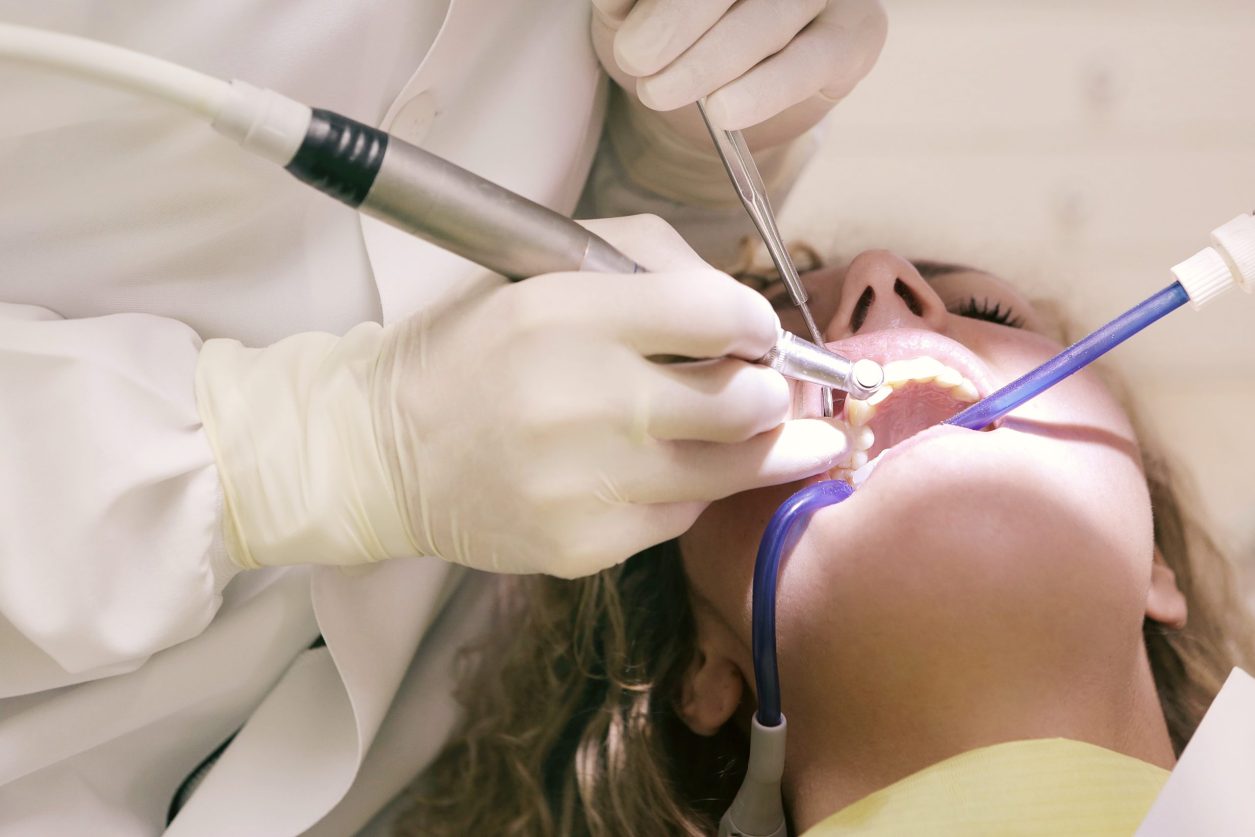
Understanding what constitutes a dental emergency is critical. Consulting an emergency dentist immediately can prevent issues from worsening and save important devices like braces and bridges from further damage.
Although emergency room staff can help manage pain, swelling or bleeding in certain instances, they do not have the capabilities of fixing broken teeth or relieving abscesses. During a dental emergency, the latest data about invisalign indicates to seek advice from an emergency dentist as soon as possible.
1. Broken or Chipped Teeth
Some dental issues may seem like emergencies, such as cracking or chipping teeth from biting down too hard, but don’t require immediate treatment. A patient can wait until their next scheduled appointment to treat a cracked tooth or issue with their dental crown.
Left untreated, an untreated broken tooth could exacerbate its condition and lead to pain, swelling, infection and more serious consequences such as cracks in other teeth, exposed nerves or jaw damage.
Consultation with an emergency dentist as soon as possible is often the solution to alleviate discomfort, as it helps restore patients’ sense of comfort. Furthermore, regular check-ups with your local emergency dentist who offers flexible payment plans is the key to keeping any serious dental conditions at bay and any dental appliances intact. To best facilitate your needs and budget requirements for such procedures it is wise to find a local emergency dentist offering flexible payment solutions; otherwise you risk spending too much.
2. Toothache
Pain in your teeth is often an indicator of something going wrong and should be treated medically; however, not all tooth pain qualifies as an emergency situation. However, if your pain is severe and does not subside after taking over-the-counter pain relief medication, seeking emergency dental care immediately is advised.
If your gums are bleeding uncontrollably and do not respond to pressure, emergency dental care should also be sought immediately. Bleeding gums could be indicative of an underlying dental or health problem and delay in seeking care can lead to infections if treated improperly.
If a tooth becomes dislodged, rinse it in milk and tuck it inside your cheek to keep it moist and seek emergency dental care as soon as possible in order to assess and possibly save it.
3. Infections
When a tooth becomes infected or has an abscess, prompt dental attention must be sought immediately to avoid spreading infection to surrounding teeth and the jaw, potentially becoming life-threatening. An emergency dentist can lance and drain an abscess as necessary; additionally they may treat infections with root canal therapy or extraction in severe cases.
Emergency Room (ER) services can assist in treating dental emergencies such as bacterial infections; however, their scope of services is limited; they can only provide painkillers, reduce swelling and prescribe oral or IV antibiotics.
Many individuals are uncertain when a problem constitutes a dental emergency and fear being charged more for unnecessary treatments. If discomfort, fever or breathing difficulty exist then emergency dental care should be sought immediately as early intervention could prevent further damage, reduce costs in the long term and save lives.
4. Bleeding
Whenever bleeding occurs in your mouth, seeking emergency dental care immediately should be your top priority. Waiting too long without proper treatment could worsen the situation further and result in permanent damage and further discomfort in the future.
Bleeding may be an indicator of gum disease or infection, and an experienced dentist will be able to quickly determine the source and provide treatment accordingly.
Medical experts often suggest visiting an emergency dentist instead of the emergency room in cases of non-life threatening dental injuries such as bleeding or jaw pain, since emergency room physicians lack training in treating dental complications; at best they can only offer pain relief until you can visit a specialized provider such as an emergency dentist for proper care.



